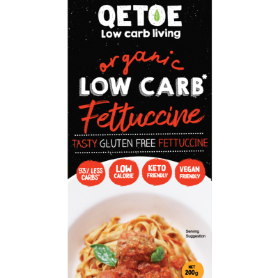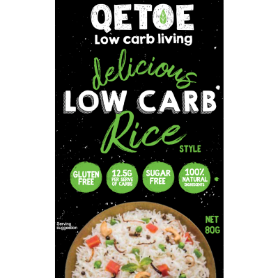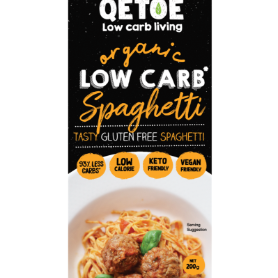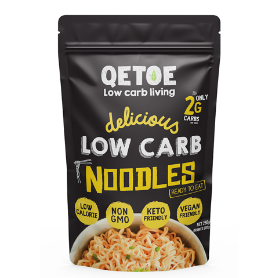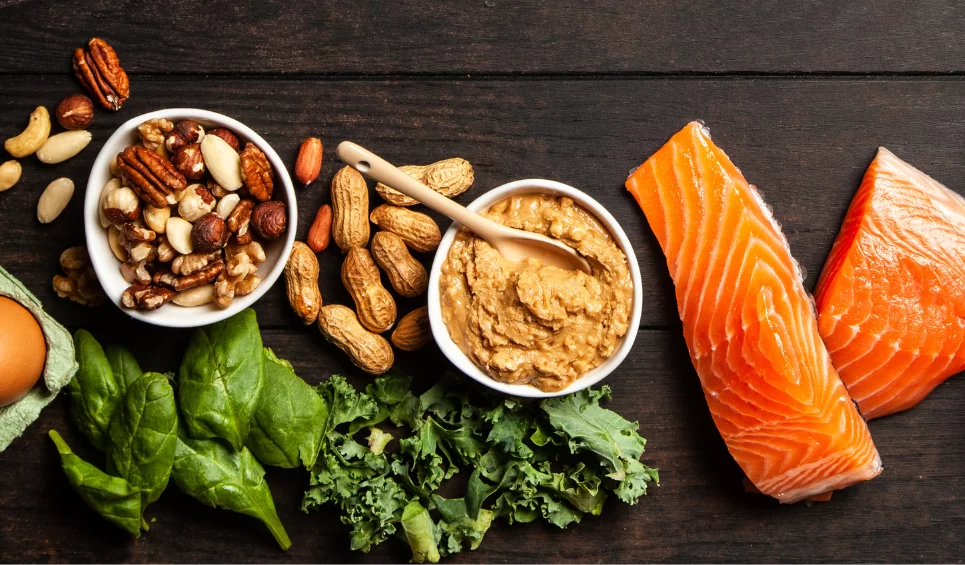Why the Ultra Lite Ketogenic Diet
The Ultra Lite Ketogenic diet is based on a clean approach to eating consisting of complex carbs and moderate protein. It’s different from the carnivore approach, which is very high in fat and low in carbohydrates. Ultra Lite was developed back in 1999 based on the 1920s research referred to as the protein-sparing modified fast system, a diet for people with epilepsy and those fighting obesity.
With the significant increase in processed foods replacing fat with sugar, and the issues this has caused, Keto has gained a lot of popularity in recent years, reversing the damage a low-fat diet has caused society.
The diet involves reducing your intake of carbohydrates and increasing your intake of healthy fats and proteins. A ketogenic diet aims to put your body into a state of ketosis, where it burns fat for energy instead of carbohydrates. In this blog, we will discuss the benefits and risks of a ketogenic diet and how to succeed at following this diet plan.
Benefits of a Ketogenic Diet:
Weight Loss: A ketogenic diet can help you lose weight because it puts your body into a state of ketosis, which utilises fat-burning for energy. Burning fat for energy can lead to a decrease in overall body fat, especially in the abdominal region. It puts the body under some moderate stress whereby it looks at fat as an energy source, provided sufficient hydration and electrolytes are consumed; ketones are produced, and the body will shed fat quickly with a consistent flow of energy throughout the day.
Reduced Appetite: A ketogenic diet can also reduce your appetite, making it easier to stick to a low-calorie diet. This is because the high-fat content of the diet can make you feel full for extended periods.
Improved Mental Clarity: A ketogenic diet can improve mental clarity and focus. This is because ketones, produced when the body is in a state of ketosis, are a more efficient fuel source for the brain than glucose. Also, ketones can easily cross the brain-blood barrier but are dependent on food intake, with the brain being often denied this great source of energy when the body is subject to processed foods and high sugar loads
Reduced Inflammation: A ketogenic diet can also reduce inflammation in the body, which can lead to a reduction in chronic diseases like heart disease, cancer, and Alzheimer’s.
Risks of a Ketogenic Diet:
Nutrient Deficiencies: A ketogenic diet can be low in specific nutrients, such as fibre, vitamins, and minerals. This can occur when the focus is mainly on fat and a minimal amount of complex carbohydrates. It is essential to ensure you still get enough of these nutrients through food or supplementation. Over the 23 years, we have ensured that our diet has sufficient fibre and vitamins. We provide a 10 g sachet full of all the vitamins, minerals and amino acids required for optimum nutrition and health.
Keto Flu: Some people may experience flu-like symptoms when they first start a ketogenic diet, such as headaches, fatigue, and irritability. This is known as the “keto flu” and usually goes away after a few days. With the Ultra Lite ketogenic diet, we avert this because of the balanced approach we take in our diet.
High Cholesterol: A ketogenic diet can increase cholesterol levels, especially if you consume high amounts of saturated fats. However, this has not been the case following our moderate protein complex carb healthy ketogenic diet.
How to Follow a Clean Ketogenic Diet:
Limit Carbohydrates: In a ketogenic diet, carbohydrates should make up less than 25% of your daily caloric intake, which means limiting or avoiding high-carb foods like bread, pasta, and sugary foods.
Increase Healthy Fats: Healthy fats should comprise 40% of your daily caloric intake, including foods like avocados, nuts and seeds, olive oil, and fatty fish.
Moderate Protein: Protein should make up 35% of your daily caloric intake. This includes foods like meat, poultry, eggs, and dairy.
Monitor Ketone Levels: You can monitor your ketone levels using a blood or urine test. This can help you determine if you are in a state of ketosis and adjust your diet accordingly.
In conclusion, a ketogenic diet can have many benefits, including weight loss, improved mental clarity, and reduced inflammation. However, it is essential to be aware of the potential risks and follow the diet plan carefully to ensure that you are still getting all the necessary nutrients. If you are considering a ketogenic diet, it is important to speak to your healthcare provider first to ensure that it is safe for you.


